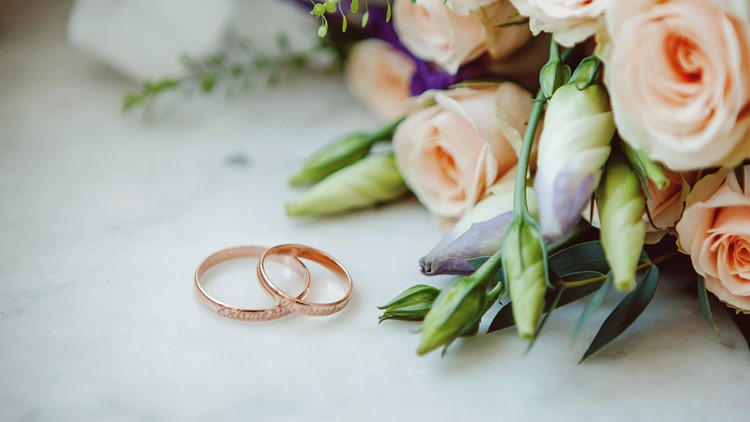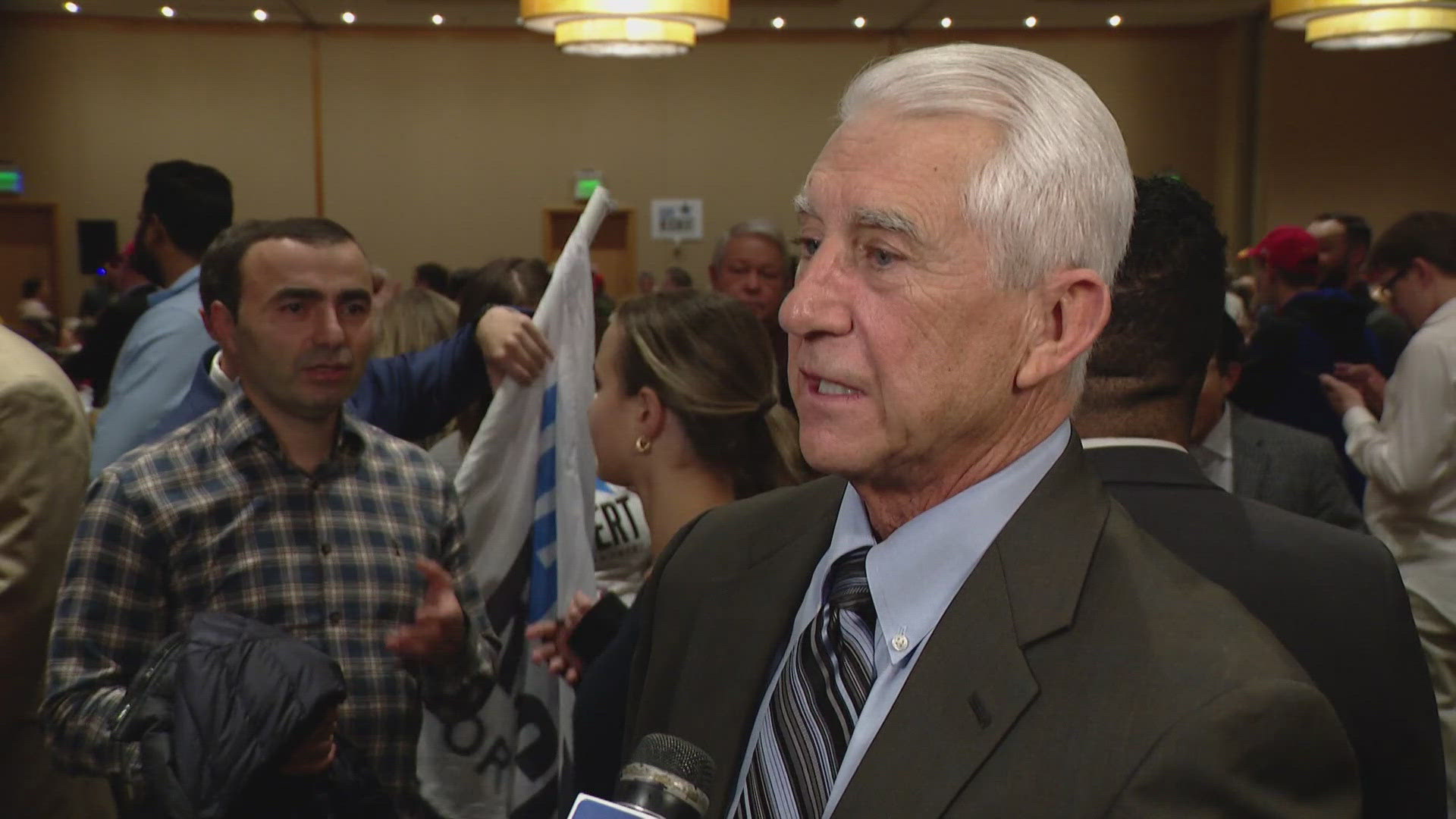The U.S. Supreme Court must still decide whether it will take up the case of a Washington state florist who refused to sell flowers for a same-sex wedding. The case has similarities to a Colorado baker’s case decided by the high court Monday, in a 7-2 decision.
The Washington state Supreme Court unanimously ruled in 2017 that Arlene’s Flowers in Richland, and owner Barronelle Stutzman, violated state anti-discrimination law when she refused to sell wedding flowers to a gay couple, citing her religious beliefs.
“I serve everyone. What I can’t do is create custom floral arrangements that celebrate events or express messages at odds with my faith," Stutzman said in a statement. "For that, the attorney general has relentlessly prosecuted me, even suing me in my personal capacity."
The couple, Curt Freed and Robert Ingersoll, and Washington Attorney General Bob Ferguson originally sued the Tri-Cities florist in 2013, arguing state anti-discrimination laws prohibit businesses from discriminating based on sexual orientation.
While the high court’s ruling in the Colorado case was narrow in scope, the legal team representing Stutzman believes it bodes well for her case, should the Justices decide to hear the case.
“The clearest signal of the court in the Colorado case, the Masterpiece Cakeshop is that the government can’t bully and harass people and push them out of marketplace, simply because they want to live a life that’s consistent with their religious beliefs about marriage. That’s what we see happening in all these cases," said Jeremy Tedesco of Alliance Defending Freedom.
His firm represents both Colorado baker Jack Phillips and florist Barronelle Stutzman.
“These cases are not about challenging the fact that the Supreme Court just a few years ago, legalized same-sex marriage. This is about whether the government can use the coercive power of the state to force people to agree that was a good decision and celebrate those kind of marriages even if it violates their beliefs,” Tedesco, continued.
However, in the Colorado case, the Supreme Court focused on the actions of a state commission, and one commissioner in particular who Justice Kennedy said showed "a clear and impermissible hostility" toward the baker’s religious views.
Justice Kennedy referenced comments that commissioner made which read in part: "freedom of religion has been used to justify all kinds of discrimination throughout history, whether it be slavery, whether it be the holocaust..."
"This sentiment is inappropriate for a Commission charged with the solemn responsibility of fair and neutral enforcement of Colorado's anti-discrimination law," wrote Kennedy.
"We simply don’t have anything like that here in the Washington State case against Arlene’s flowers," said Washington Attorney General Bob Ferguson.
While Stutzman's attorney argues the Attorney General "sidestepped" the typical administrative process of discrimination suits, AG Ferguson says he was well within his right to bring the case forward.
"Our State Supreme Court unanimously agreed that I have the authority to bring this case as did a trial court judge in Eastern Washington," said Ferguson. "I realize they still want to litigate that issue in the press, but it doesn’t change the outcome."
The Supreme Court is expected to decide this month whether or not it will accept the case, or send it back to the Washington State Supreme Court for another review.
Both AG Ferguson and attorneys for Arlene's Flowers believe the case could likely end up back before State Supreme Court for another look. However, if that happens, Ferguson doesn't believe that will change the outcome.
"You cannot discriminate against a protected class, in this case, someone based on their sexual orientation. The Supreme Court in our state ruled 9-0 that was a pretty straightforward application of the law," said Ferguson.
AG Ferguson notes the U.S. Supreme Court sidestepped, for now, weighing in on the larger question of whether businesses can use "sincerely held religious beliefs" to decline service to an individual based on sexual orientation.
"The court was very clear, we’re not getting to that, which is why we’re so confident the Arlene’s Flower’s case will stand, that the court simply ruled on issues that had nothing to do with our case at all," Ferguson continued.



